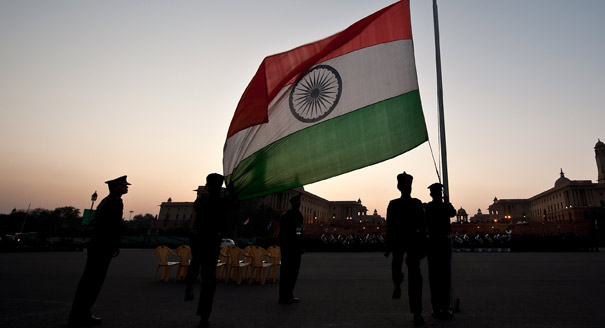Source: Commonwealth & Comparative Politics
In June 1975, Indian Prime Minister Indira Gandhi imposed Emergency rule, capping off a decade long process of the ‘deinstitutionalisation’ of the founding Congress party, increased social mobilisation, and political instability – factors generally considered conducive to military intervention in politics. Organisational factors encouraging military praetorianism, such as military involvement in internal security missions and the growth of ‘rival’ paramilitary institutions, accompanied this process of political decay. But the Indian military did not exploit this window of opportunity. This article offers an institutionalist explanation of the military’s political restraint based on two factors. First, institutionalised mechanisms of civilian control, forged during the critical juncture following independence, insulated the military from politics and the politicians from the military despite the weakening of the political system under which these were created. Second, military internalisation of the norm civilian supremacy, continually reinforced via professional socialisation processes, acted as an internal barrier to military role expansion...
This article was originally published in Commonwealth & Comparative Politics.
